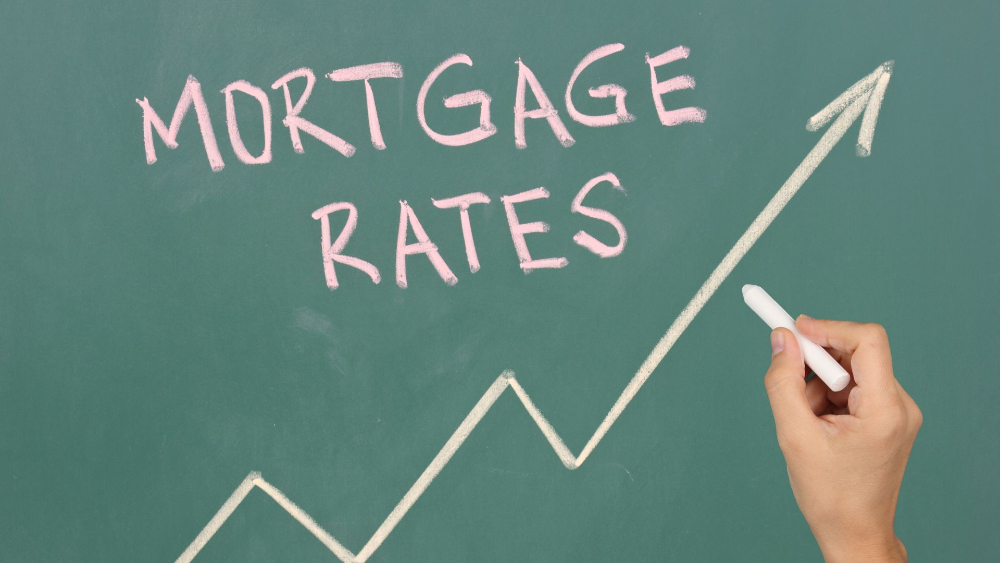
When it comes to getting the best mortgage rates, there are several factors that you need to consider. From your credit score and income to how long you plan on staying in a home, all these things can affect the rate you get. That’s why it’s important to understand the basics of mortgages, what lenders look for when deciding interest rates, and tips for optimizing your financial situation. In this article, we’ll cover everything you need to know about getting the best mortgage rates.
Understand the Factors that Influence Mortgage Interest Rates
Before you begin shopping for the best mortgage rates, it’s essential to understand the factors that influence these rates. Generally, these factors include:
- Credit score: A higher credit score signals a lower risk to lenders and often leads to better mortgage interest rates.
- Down payment: A larger down payment results in a smaller loan amount and lower mortgage rates, as the lender assumes less risk.
- Loan type: Standard fixed-rate or variable-rate mortgages often have different interest rates.
- Economic conditions: The overall economy, including inflation and the housing market, can affect mortgage interest rates.
Compare Offers Across Multiple Lenders
Shopping around for a mortgage is crucial, as lenders can offer different rates depending on your financial profile. To effectively compare mortgage interest rates, get quotes from at least three different lenders, preferably a mix of banks and mortgage brokers.
This will ensure you have a broader picture of the mortgage interest rates in Ontario and help you find the right lender that offers the most competitive rates. In addition to lenders, you should also look into online comparison sites that can provide you with an array of mortgage offers from different banks and brokers across the country. By using these platforms, you can quickly and easily compare rates to find the best one for your situation.
Consider Different Mortgage Terms and Features
Choosing the right mortgage terms and features is critical to securing the best interest rates possible. Consider the following options:
- Fixed-rate vs. Variable-rate: Fixed-rate mortgages provide stability with a set interest rate throughout the term, while variable-rate mortgages have rates that can change based on market fluctuations, potentially saving you money in the long run.
- Mortgage term: The length of your mortgage term can impact your interest rates. Shorter terms often have lower rates but could result in higher monthly payments.
- Prepayment options: Some lenders allow you to make extra payments without penalties, which can help you reduce the interest paid overtime.
Improve Your Financial Profile
Before applying for a mortgage, optimize your financial profile to appear more appealing to lenders. Steps you can take to accomplish this include keeping a healthy credit score, reducing your debt-to-income ratio, and increasing your down payment savings. Moreover, providing a stable employment history and ensuring timely bill payments can reflect a strong financial foundation.
Negotiate with Lenders
Don’t be afraid to negotiate your mortgage interest with potential lenders. Be prepared with market research, competitor rates, and a strong financial profile to back up your request for a lower rate. If a lender perceives you as a reliable borrower, they may be more open to offering better mortgage rates.
To Conclude
Securing the best mortgage rates requires research, comparison, and negotiation. By understanding the factors that influence mortgage interest rates, comparing offers across multiple lenders, considering different mortgage terms and features, improving your financial profile, and negotiating with lenders, you can ensure you get the most competitive rates possible. Take the next step in your home ownership journey by exploring various mortgage interest rates and finding the perfect fit for your financial needs. Thank you for reading!





